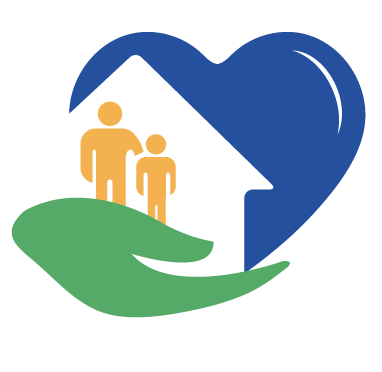For family members who suspect that a loved one may have a developmental disability, understanding the signs and symptoms is a crucial first step toward providing support and seeking professional guidance. Developmental disabilities encompass a wide range of conditions, each with its unique characteristics. Here are some of the mental and physical issues that concerned family members should look for when trying to identify developmental disabilities in their loved ones. Remember that early recognition and intervention can make a significant difference in the lives of those affected.
What Are Developmental Disabilities?
Developmental disabilities are a group of lifelong conditions that affect an individual’s physical, cognitive, social, and emotional development. These conditions often manifest early in life and can impact a person’s ability to learn, communicate, and function independently. It’s important to note that the severity and characteristics of developmental disabilities can vary widely from person to person.
Signs and Symptoms to Look For
- Delayed Milestones
One of the most common indicators of a developmental disability is delayed developmental milestones. These may include:
- Speech and Language Delays: Difficulty speaking or understanding language appropriate for their age.
- Motor Skill Delays: Trouble with crawling, walking, or fine motor skills like buttoning clothes or holding utensils.
- Social and Emotional Delays: Difficulty forming relationships, limited social interactions, or emotional outbursts.
- Communication Challenges
Many developmental disabilities are associated with communication difficulties. Signs to look for include:
- Limited Verbal Communication: Difficulty using language to express needs, thoughts, or feelings.
- Nonverbal Communication Issues: Struggles with gestures, eye contact, or facial expressions.
- Repetitive Speech or Echolalia: Repeating words or phrases without understanding their meaning.
- Cognitive Impairments
Intellectual and cognitive challenges are common in developmental disabilities. Watch for:
- Learning Disabilities: Difficulty with reading, writing, or math.
- Memory Problems: Trouble retaining information or following instructions.
- Executive Functioning Issues: Difficulty with planning, organization, and problem-solving.
- Behavioral Concerns
Behavioral issues can be a significant sign of developmental disabilities. These may include:
- Repetitive Behaviors: Engaging in repetitive actions like hand-flapping, rocking, or spinning objects.
- Aggression or Tantrums: Outbursts that may stem from frustration, sensory overload, or communication difficulties.
- Withdrawal or Social Isolation: Avoidance of social interactions or difficulty forming friendships.
- Sensory Sensitivities
Many individuals with developmental disabilities experience sensory sensitivities, such as:
- Hypersensitivity: Overreacting to sensory stimuli like loud noises, bright lights, or certain textures.
- Hyposensitivity: Seeking sensory input through behaviors like mouthing objects or seeking deep pressure.
- Physical Issues
Some developmental disabilities may be associated with physical symptoms, such as:
- Fine or Gross Motor Delays: Difficulty with coordination, balance, or muscle control.
- Unusual Facial Features: In some syndromes, distinctive facial features may be present.
- Growth Delays: Slower growth or atypical growth patterns.
- Repetitive Movements or Obsessions
Individuals with developmental disabilities may engage in repetitive movements or have obsessive interests in specific topics, which can be a hallmark of certain conditions.
- Difficulty with Independence
Developmental disabilities can impact a person’s ability to live independently. Look for challenges related to self-care, daily routines, and activities of daily living.
Seeking Professional Help
If you notice these signs and symptoms in your loved one and suspect a developmental disability, it’s essential to seek professional help. Start by consulting your primary care physician, who can refer you to specialists such as pediatricians, psychologists, or developmental pediatricians. An early and accurate diagnosis can lead to appropriate interventions and support services tailored to your loved one’s needs.
Recognizing the signs and symptoms of developmental disabilities in your loved one is the first step toward providing them with the necessary support and resources. It’s important to remember that each person is unique, and the manifestation of developmental disabilities varies widely. Early intervention and a supportive environment can significantly improve their quality of life and help them achieve their full potential. Don’t hesitate to reach out to healthcare professionals and specialists who can provide guidance, assessments, and a clear path forward for your loved one’s well-being.


0 Comments